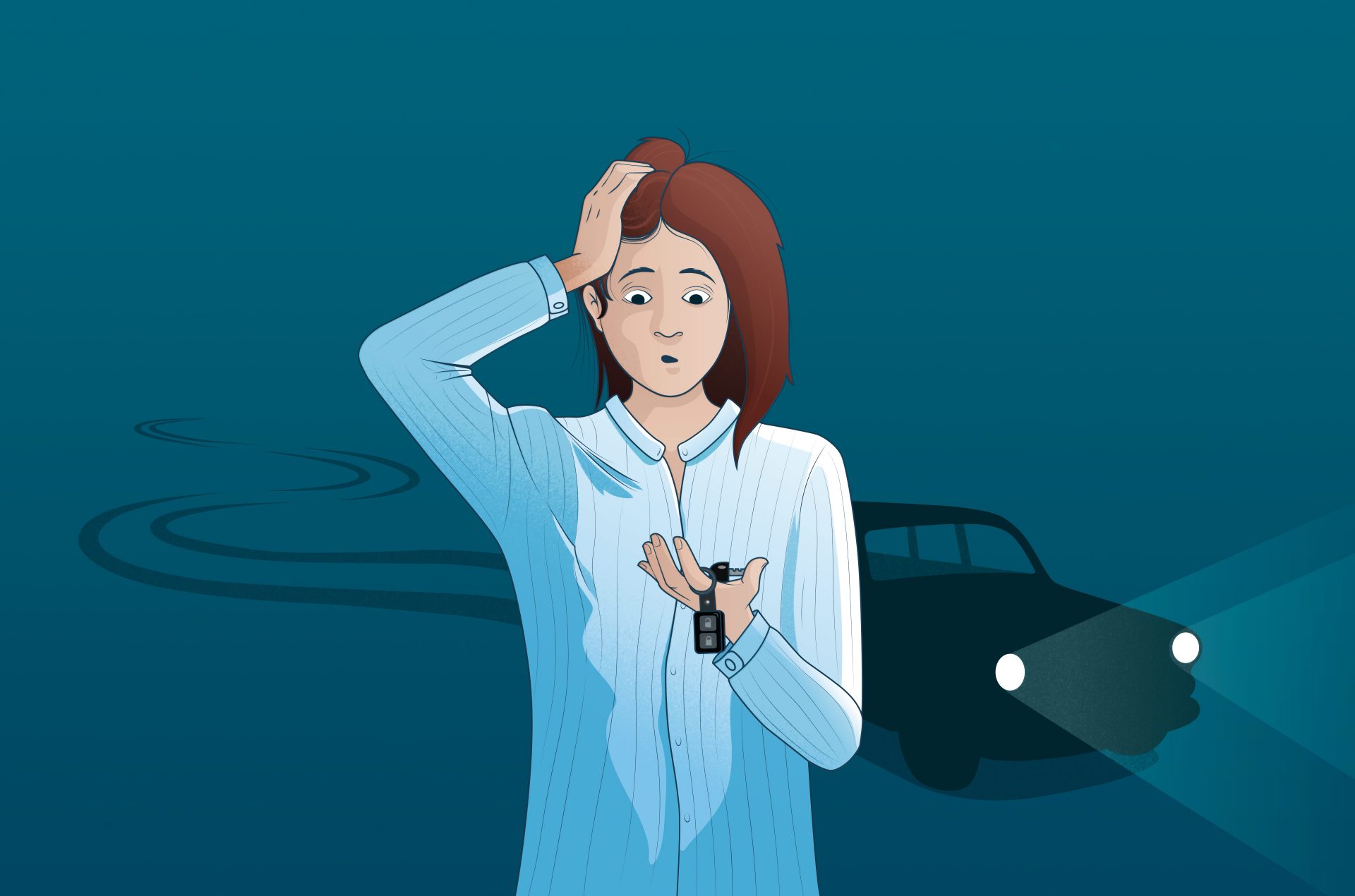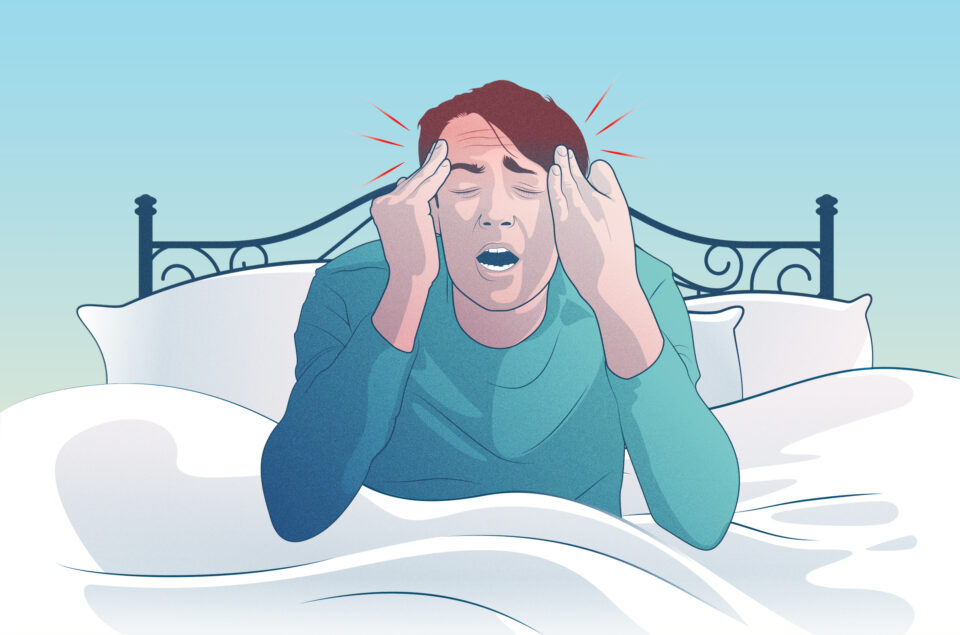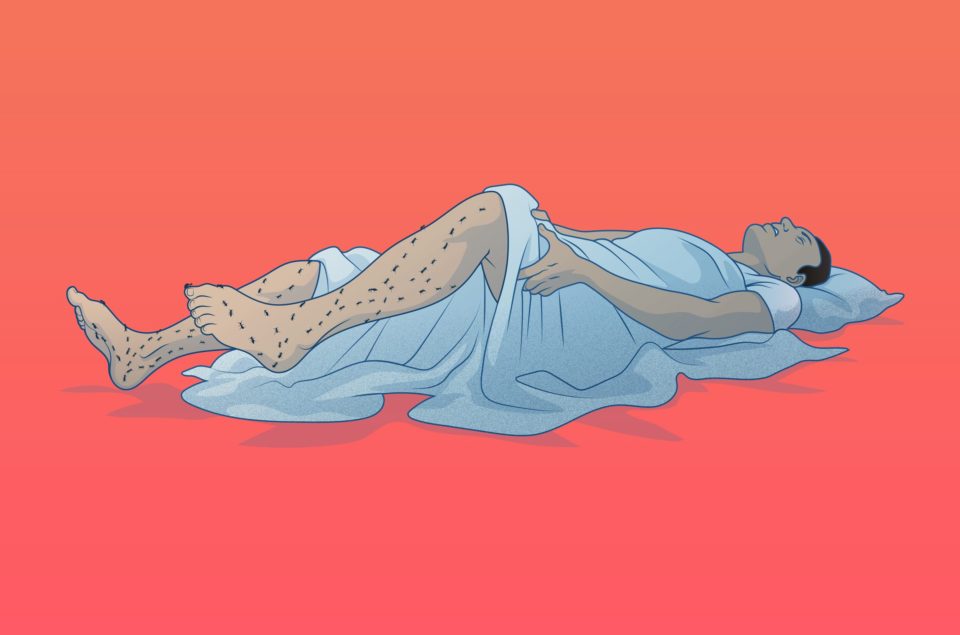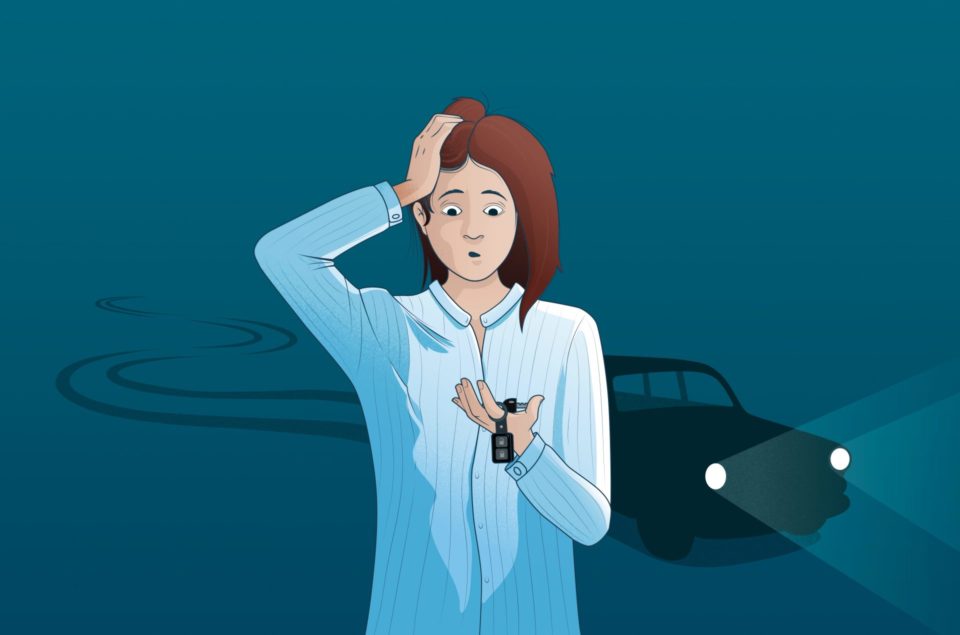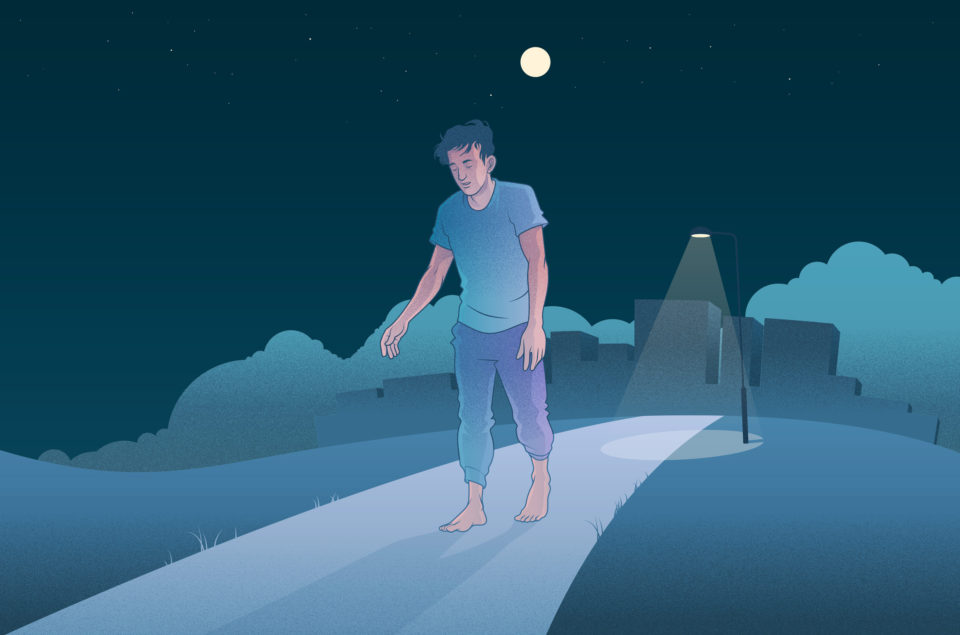Have you ever woken up out of your bed, disoriented, dizzy and extremely confused? Perhaps you’ve opened your eyes in the morning and discovered clues that suggest you haven’t actually spent the whole night in bed? If you are, or have ever been, a sleepwalker, you’ll recognise and perhaps even fear these feelings. But what causes sleepwalking? Join us as we take a closer look at this most mysterious of nocturnal habits.
Recently, I was woken in the wee small hours by a noise on the landing outside our bedroom. Upon investigation, I was met by the sight of our 15-year old son, fully clothed and ready to go out. When I asked why he was up, his reply was “I’m taking my driving test today”. Realizing he was in a semi-awake state, I quietly ushered him back to bed – however, I couldn’t stop myself reflecting on what had caused his nocturnal wanderings.
A behavioral disorder
Sleepwalking has divided opinion within the medical and scientific fields for centuries. What we do know now is that is a behavioural disorder that results in us walking or performing other complex motor functions while we’re asleep. These can include sitting up in bed, looking around, walking around the room or house and even going outside. Some sleepwalkers have even been known to get into their car and drive substantial distances before waking.
Why do we sleepwalk?
Studies show that sleepwalking can run in families. If you have relatives who have been affected, there’s a higher than average chance you’ll be affected too. However, incidences of sleepwalking are relatively infrequent with between 1% and 15% experiencing issues. Children would seem to be affected by sleepwalking more than adults, especially children who suffer from sleep apnea.
Although the exact causes of sleepwalking are difficult to define, medical professionals have concluded that one or more of the following can trigger the problem or make an existing problem worse –
- Sleep deprivation
- Stress and anxiety
- Excessive alcohol consumption
- Consuming recreational drugs
- Certain types of prescribed medication
- Infection (with fever)
Helping a sleepwalker
The general medical advice if you find someone sleepwalking is simple – gently and without making any loud exclamations or deliberate attempts to wake them, lead them back to bed. Their safety should be your prime concern, so make sure any objects that could lead to harm are out of the way. If the problem persists, we recommend consulting a healthcare professional.
A cautionary tale
When it comes to bad consequences of sleepwalking, you’d be hard pushed to find a more hair-raising example than that of Mr James Currens. In 1998, 77-year old Florida resident Mr Currens sleepwalked out of his house, down the street and walked into a pond. Bad enough you say, but at this point he woke up and found himself being chased down by several alligators. Using his walking stick to keep the alligators away (yes, he remembered to take his walking stick) his cries alerted neighbours who, together with police, rescued him from the pond and the alligators. After hearing that, I guess I should be pleased our 15-year old only made it onto the landing outside his room.
